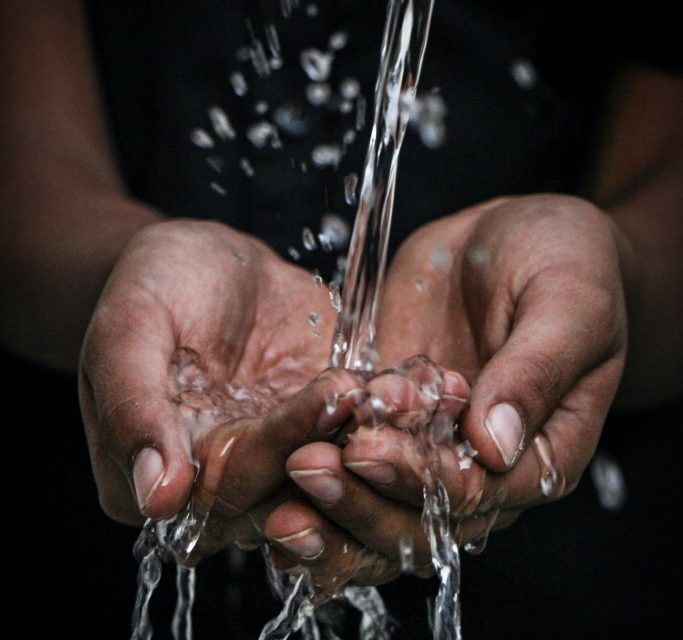By Tashi McQueen
AFRO Political Writer
Tmcqueen@afro.com
The Baltimore City Department of Public Works (DPW) announced on Sept. 28 their discovery of Cryptosporidium (Crypto), a microscopic parasite, in the Druid Lake Reservoir. This discovery has impacted parts of Baltimore City, Baltimore County and Howard County.
“Monthly, DPW collects samples both at Ashburton and Druid Lake Reservoirs and tests those samples for Crypto and Giardia,” said Richard Luna, interim director of DPW in a virtual press conference shortly after the news broke. “The samples that we collected there on Sept. 19 were returned to us this week on Sept. 26. The sample for Druid Lake returned a positive result for Crypto at a very low percentage – about 0.09 percent.”
“We started reporting on Crypto as a part of our ongoing work with the Maryland Department of the Environment and the EPA. I don’t want us to conflate E. coli with Crypto. These are two completely different things.”
Luna said this means there’s a low level of bacteria in the reservoir. Due to the minimal amount of Crypto detected and the fact that Druid Lake Reservoir is open-air, it’s challenging to determine an exact source.
“We’re currently working, as part of the EPA order, to get that lake as well as Ashford into a covered tank that would be completely protected from the elements,” said Luna.
Though the threat is low, this level of Crypto can cause gastrointestinal problems for the elderly, children and the immunocompromised.
DPW advises those sensitive groups to:
- Drink bottled water
- Boil water for one minute before consuming
- Filter tap water using a filter labeled to ANSI/NSF 53 or 58 standards, or a filter designed to remove objects 1 micron or larger. These may be labeled “absolute 1 micron.” (i.e., not Brita-type filters)
“The water that was collected and sampled that day has already been distributed through the system,” he continued, saying that DPW will continue frequent sampling.
The EPA required DPW to collect another sample, which they did on Sept. 27, and are expecting the results within five to seven days.
Faith Leach, Baltimore City administrative officer, made it clear during the virtual gathering that this discovery and the E. coli detection in September 2022 are different.
“We started reporting on Crypto as a part of our ongoing work with the Maryland Department of the Environment and the EPA. I don’t want us to conflate E. coli with Crypto,” said Leach. “These are two completely different things.”
You can check out DPW’s interactive map to see whether you live within the affected areas.
The post Parasite detected in Baltimore drinking water appeared first on AFRO American Newspapers .











